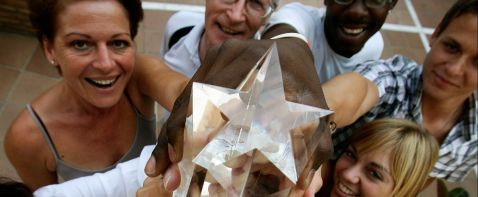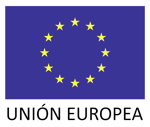CONTACT US, IF YOU NEED A VISA
This depends on the country you come from and the duration of your studies. It is always your personal responsibility to ensure whether or not you need a visa and which type is best for you. You should check the current situation at the Spanish Consulate nearest to where you live.
Some points to take into account:
• As Malaca Instituto is an officially Accredited Centre of the Instituto Cervantes, there should normally be no problem for bona-fide students, meeting visa requirements, to obtain visas to study with us.
• In general, students from the EU do not need visas.
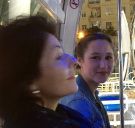
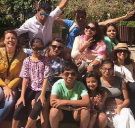
• For other countries there are visas for up to 90 days, between 90 and 180 days and the long-stay, Type D visa.
• The Type D visa is the only visa which can be extended while in Spain, as long as the student remains in full-time education. For this reason, students wanting to stay more than 6 months or studying Spanish prior to going to University in Spain should normally be applying for a Type D, full-student visa.

• Leave enough time to get your visa. It can take from several weeks (short stay visas) up to several months (Type D visa) to issue a visa.
• Check with your local Spanish Consulate the exact paperwork you need to present. A lot of time is frequently wasted by not having all the correct papers and having to return several times to the Consulate.
The typical documents that the consulate facilities are likely to ask for are:
• proof of enrolment and payment in full or deposits (depending on the current policy of the visa issuing authority) for a course and accommodation in Spain
• proof of funds to cover the stay
• medical and travel insurance
• police report of good behaviour (usually only in the case of long-stay visas)
• medical certificate stamped “valid in Spain”
• proof of the intention and means to return to the country of origin (“la garantía de retorno al país de procedencia”)
• in certain cases extra documents may be required relating to your background
How we help you?
Visas are the personal responsibility of each student. However we can, and do, help in the following manner:
• Provide general advice, but you must always check with your local Consulate facility or visa issuing office.
• Provide a visa support letter once full fees or deposits (depending on the current policy of the visa issuing authority) have been received in our bank account.
• Provide details of your study programme, which is frequently a requirement in the case of long-stay visas


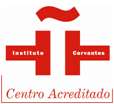

 UK
UK  ES
ES  DE
DE 

